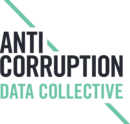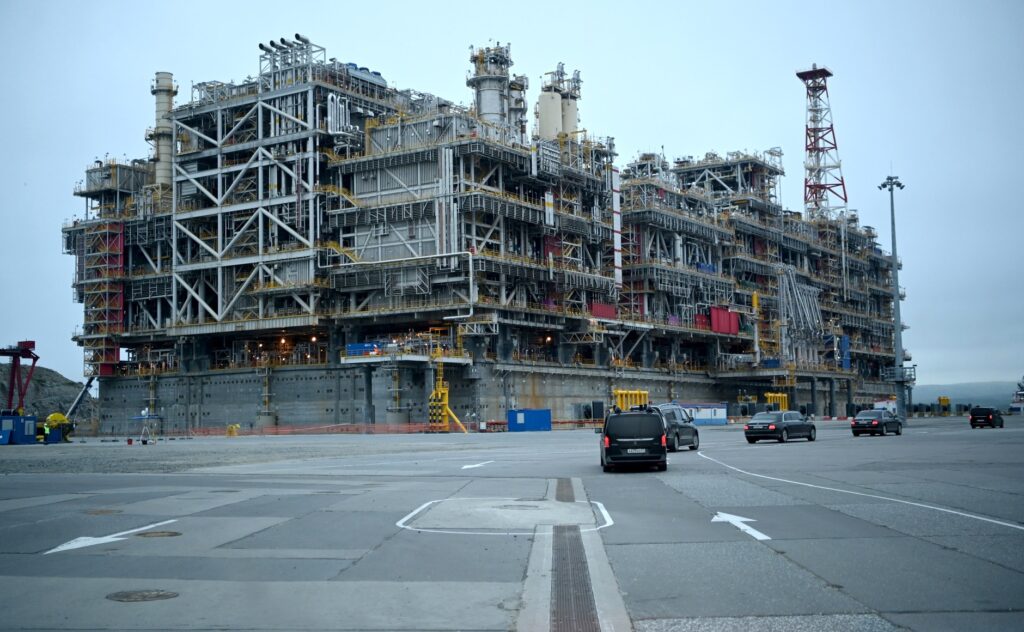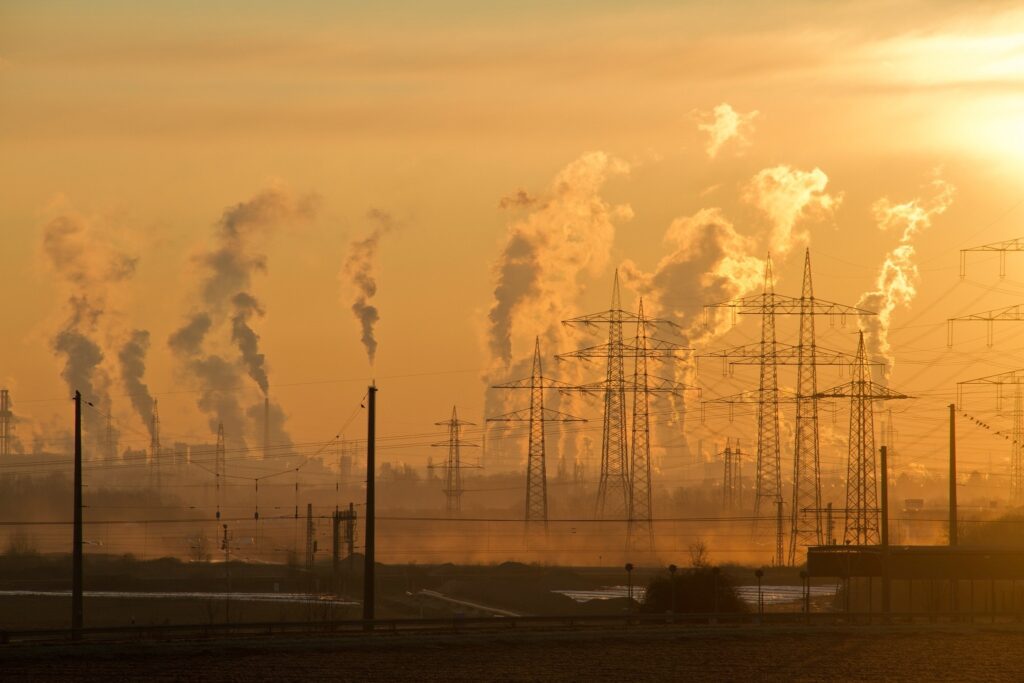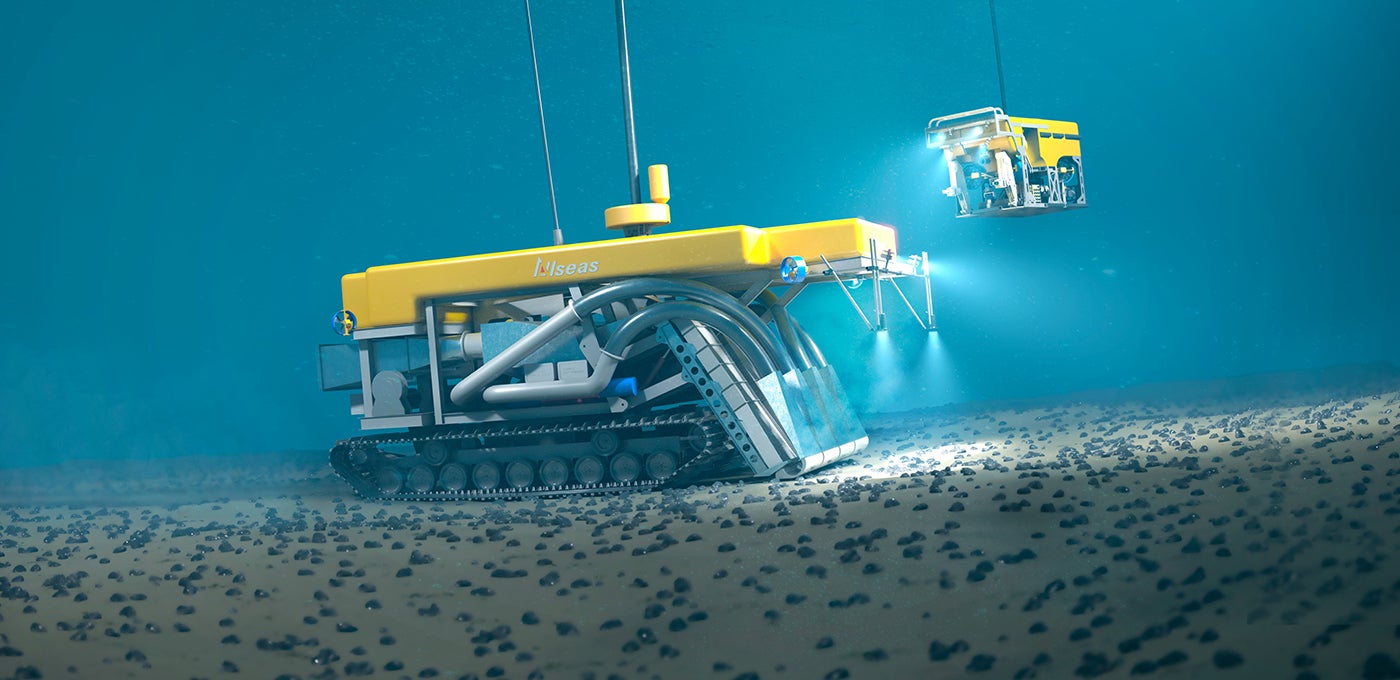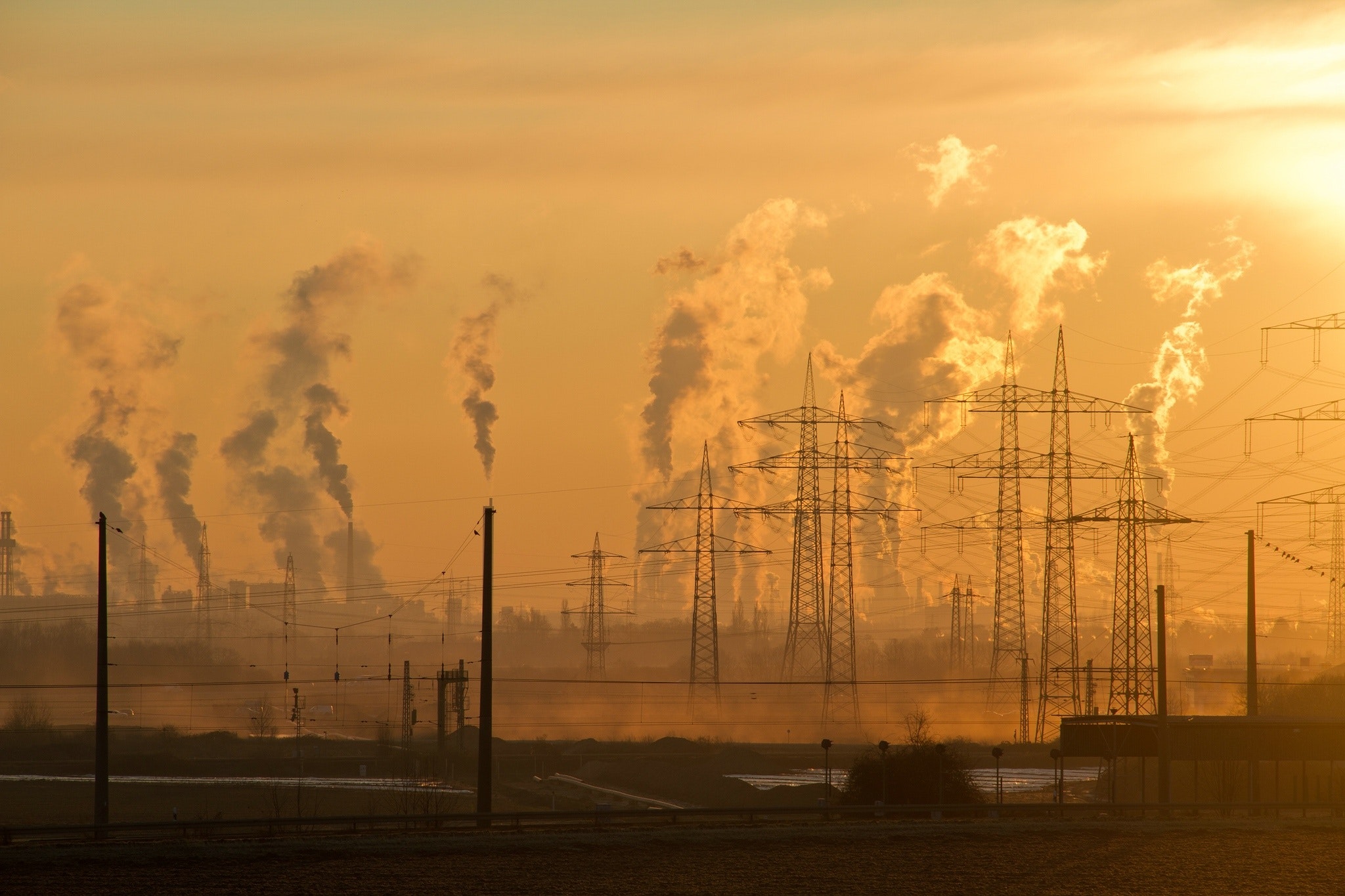Private funds link pension holders to Russian oil and gas supply chains
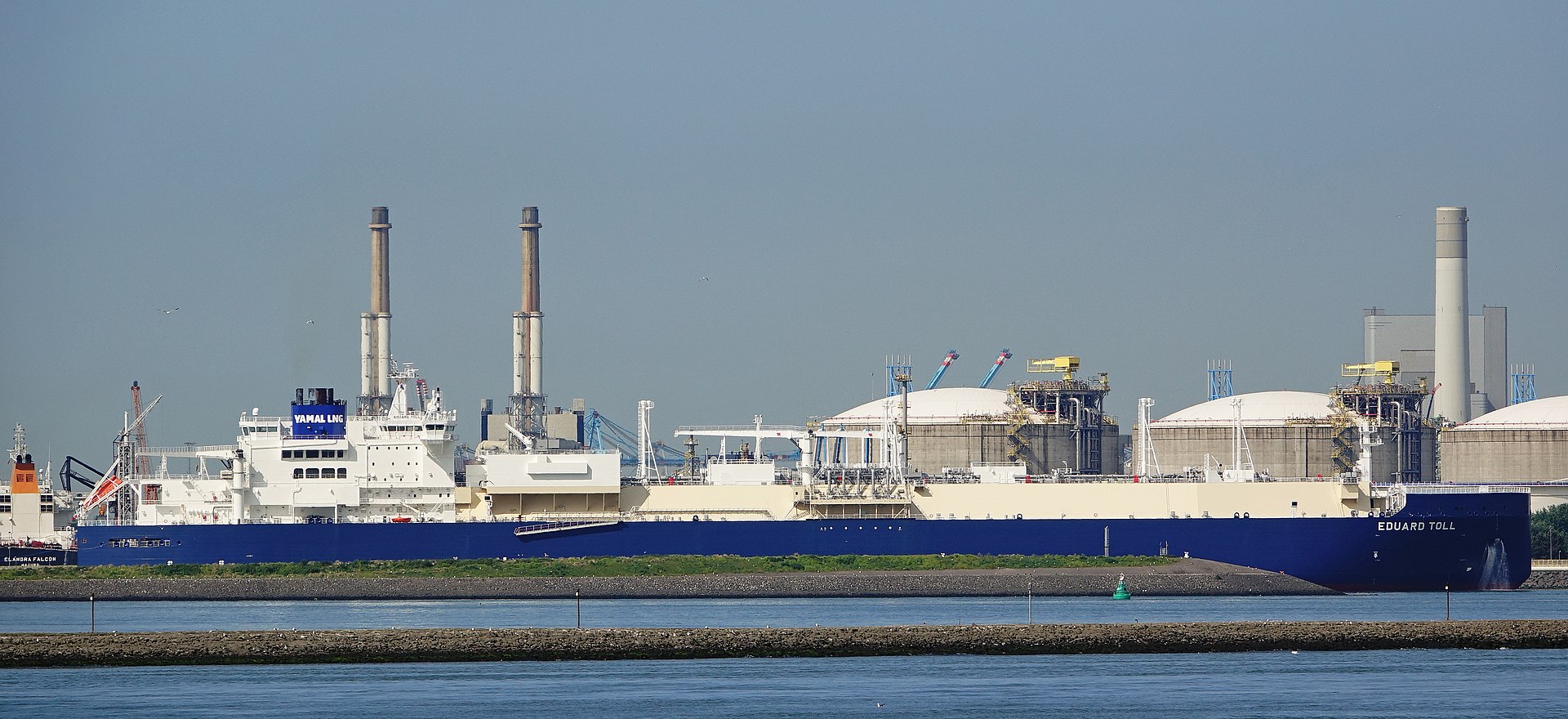
The wave of Western sanctions deployed against the Russian fossil fuel industry since the invasion of Ukraine makes it an unlikely investment target for most people saving for their retirement. But, if you’re an American or Danish pension holder, there is nonetheless a chance some of your money has gone indirectly to help Russia get its oil and gas to market.
The Anti-Corruption Data Collective has been working with investigative journalists to peel back layers of investment and ownership that connect unwitting pension holders not only to tankers carrying Russian oil and gas, but also cryptocurrency mining, fracking and other controversial industries.
Results published in Bloomberg and the Danish financial newspaper Børsen demonstrate that public pension funds have little oversight of their investments once they hand them over to private funds. This can expose the funds – and pension holders – to deals that contradict their stated investment policies.
Public funds should always be invested transparently, but private capital markets are notoriously opaque. The US – which leads the world in the volume of assets under private management – only recently finalized legislation that requires private investment funds to conduct basic know-your-customer and anti-money-laundering practices to stop illicit cash being cleaned through private funds.
Furthermore, private funds are not legally required to disclose their stakes in companies. And where private investment vehicles are covered by beneficial ownership transparency regulation, definitions designed for corporations with typically more concentrated ownership structures can let these institutional funds off the hook, contributing to low reporting rates and continued opacity over who ultimately benefits from a fund. For more on this point, check out our 2021 report on Luxembourg’s private investment fund industry.
However, finance industry data providers do track and compile publicly available information about private investments, leaving a clear – if often incomplete – trail of breadcrumbs that allows us to follow the money.
Our starting point for recent investigations has been private investment funds – such as hedge, venture capital (VC), private equity and private infrastructure funds – that raise cash from limited partners such as public pension funds to finance their deal activity. Using data from Pitchbook, we examined deals made by the private investment funds that use public pension money and then researched the companies and industries they invested in. Private equity funds often acquire controlling stakes in companies and other types of assets, giving them direct control over the decision making and strategy.
The cases revealed by our media partners point to the risks that opacity in private funds poses to sustainable investment principles.
This month, Børsen reported that an oil tanker, the Nissos Serrifos made seven trips to pick up oil from Russia, after the beginning of the invasion and war in Ukraine. The ship was owned at the time by Danish private investment firm Navigare Capital Partners. Concerningly, three Danish pension funds had invested in Navigare’s Maritime Investment Fund I, through which it bought the ship: Pensiondanmark, Lægernes Pension and Danica Pension, a subsidiary of Danske Bank.

In July, Bloomberg used data compiled by ACDC and Data Desk to reveal that pension funds for US government employees in several states held a stake in a tanker shipping liquified natural gas (LNG) through the Arctic from Russia’s largest LNG export facility. The tanker was owned by Seapeak LLC, which was acquired by asset manager Stonepeak in 2022 via its Infrastructure Fund IV. Pension funds managed by the states of Washington, New York and California bought into the Stonepeak fund, indirectly investing in the business of exporting Russian gas. In the UK, the West Yorkshire Pension Fund and Worcestershire County Council Pension Funds also bought into Stonepeak Infrastucture Fund IV, according to data from Pitchbook.
Russia’s Arctic gas infrastructure is not only an important source of revenue for the Kremlin, but a climate and environmental disaster waiting to happen. In 2023, ACDC coordinated investigations by several members and partners into European companies’ shipments of hardware to a new plant, Arctic LNG 2, despite export restrictions announced by the EU. Arctic LNG 2 has since been sanctioned by the US and EU, leading to production being reportedly halted in October 2024. The Yamal LNG plant where the Seapeak-owned tanker picked up fuel is not under Western sanctions, but both facilities are majority owned by the same company, Novatek.
The data and analysis we provided to Børsen also revealed that the ATP public pension fund, which the Danish public is required to pay into, bought into funds managed by Sequoia Capital that invested in Chinese bitcoin mining hardware company Bitmain. The ATP fund itself has decided not to directly invest in cryptocurrency, which the Danish Financial Supervisory Authority has called “the Wild West.” The ATP fund says it aims to reuduce carbon emissions from its investment portfolios by 70 per cent by 2030 and to have a carbon-neutral investment portfolio by 2050. Crypto mining is associated with enormous climate and environmental impacts. One paper cited by Børsen calculated that the energy consumed for Bitcoin mining in 2020 – 2021 was higher than the annual energy needs of Denmark and Sweden together.
This series of articles follows from earlier investigations with CORRECTIV in Germany and The Ferret in Scotland, which revealed pension fund exposure to fossil fuel power plants and infrastructure in Europe. “I’m really really angry about it… I feel dirty that I’m living off that kind of money,” one pensioner from Manchester, UK, told reporters from The Bureau for Investigative Journalism, which cooperated with CORRECTIV on the investigation.
So what conclusions and recommendations can we draw from these cases?
First of all, it is important to note that the deals we identified with our media partners are unusual. The vast majority of private market deals involving European public pension fund capital occur in innocuous industries. Private investment funds have also followed the economic logic and invested heavily in future-orientated insutries like renewable energies. One recent analysis suggests that private markets out perform publicly listed funds for investors in clean energy
Yet public pension funds should avoid any exposure to investments that generate revenue for corrupt and kleptocratic regimes, help develop polluting industries rife with illicit activity, or otherwise contradict principles of responsible and sustainable investment.
Børsen reports that one Danish pension fund has secured opt-out clauses with its private equity partners to avoid exposure to fossil fuel assets. However, public pension fund managers should use their influence over private equity to demand that private funds they have invested in divest their polluting assets and align their investment practices with those of the limited partner with the highest standards, including for the disclosure of investments. Private funds that invest in emerging or unproven technologies and industries before the environmental and social harms are known should be off-limits for public pension funds. There should be greater coordination and information sharing between pension funds, supervisory bodies and financial institutions about risks associated with companies and industries, with a public blacklist of companies, similar to the Financial Exlusions Tracker developed by a consortium of NGOs.
Finally, pension funds should demand more transparency about how their money is being used. Private equity, infrastructure, VC and hedge funds should publicly report their complete portfolios so that public pension limited partners can link to these disclosures in their own reports for pension holders.
The production of this investigation was supported by a grant from the Investigative Journalism for Europe (IJ4EU) fund. Data Desk contributed company and supply chain analysis. Our thanks to Mathia Hagemann-Nielsen and Frederik Jensen at Børsen, and Stephen Stapczynski and Natasha White at Bloomberg.
